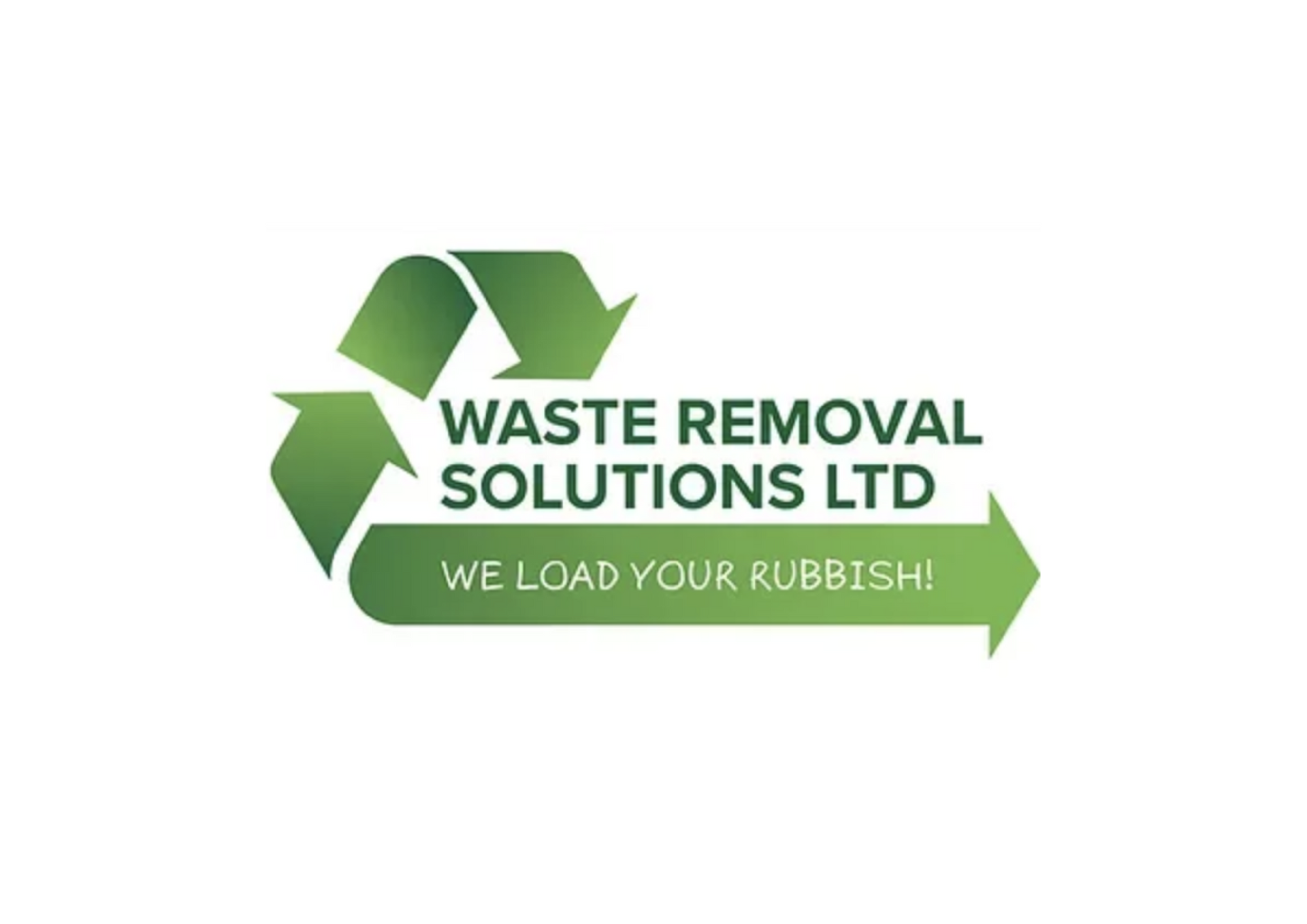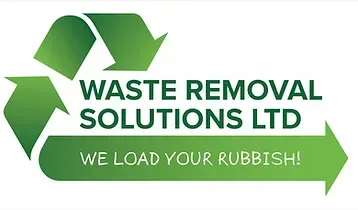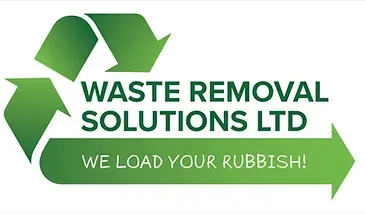Waste management is a critical concern in the UK, given the country's commitment to environmental protection, public health, and sustainability. The regulatory framework surrounding waste management is designed to ensure that waste is handled, transported, and disposed of in a manner that minimises harm to the environment and human health. For businesses, organisations, and individuals alike, understanding these regulations is essential to ensure compliance, avoid legal penalties, and contribute to broader environmental goals.
The Legal Framework
The UK's waste management regulations are governed by a combination of European Union directives (which have been incorporated into UK law), national legislation, and local authority guidelines. The foundation of this regulatory framework is the Environmental Protection Act 1990, which established the concept of a "Duty of Care" in waste management. This Duty of Care requires anyone who produces, handles, or disposes of waste to take all reasonable steps to ensure that it is managed in a way that does not harm the environment or human health.
In addition to the Environmental Protection Act, the Waste (England and Wales) Regulations 2011 and the Waste (Scotland) Regulations 2012 further define the responsibilities of waste producers and handlers. These regulations include requirements for waste segregation, documentation, and the use of authorised waste carriers.
Another key piece of legislation is the Hazardous Waste Regulations 2005, which specifically addresses the management of hazardous waste—materials that pose a significant risk to human health or the environment. These regulations require businesses to register as hazardous waste producers and to follow strict guidelines for the storage, transportation, and disposal of hazardous materials.
The UK's waste management regulations also include provisions for specific types of waste, such as electrical and electronic equipment, packaging waste, and end-of-life vehicles. These regulations are designed to ensure that such waste is recycled or disposed of in an environmentally friendly manner.
Key Regulations for Businesses
Businesses in the UK are subject to several regulations that dictate how they must manage their waste. The cornerstone of these regulations is the Duty of Care, which applies to all businesses that produce, transport, or dispose of waste. Under this duty, businesses are required to:
- Prevent the Escape of Waste: Waste must be stored securely to prevent it from escaping and causing environmental harm. This includes using appropriate containers and ensuring that waste is not accessible to unauthorised individuals.
- Transfer Waste to an Authorised Person: Businesses must ensure that their waste is only transferred to individuals or companies that are authorised to handle it. This typically means using a licensed waste carrier, broker, or waste management company.
- Complete a Waste Transfer Note: For each transfer of waste, businesses must complete a Waste Transfer Note (WTN) that details the type and quantity of waste, the transfer date, and the identities of the waste producer and carrier. This document must be kept for at least two years.
- Segregate and Recycle Waste: Businesses are encouraged, and in some cases required, to segregate different types of waste (such as recyclables and hazardous waste) to facilitate proper disposal or recycling.
For hazardous waste, businesses must adhere to additional regulations, including registering as a hazardous waste producer with the Environment Agency (or the equivalent bodies in Scotland, Wales, and Northern Ireland), using consignment notes for waste transfers, and following specific storage and disposal guidelines.
Household Waste Regulations
Households in the UK are also subject to waste management regulations, although these are generally less stringent than those for businesses. Local councils are responsible for managing household waste and providing collection services. However, residents are expected to follow certain guidelines to ensure that waste is managed properly.
For example, households are typically required to segregate recyclable materials (such as paper, glass, and plastics) from general waste. Many councils provide separate bins for different types of waste and offer food waste collection services to reduce the amount of organic waste sent to landfill.
Bulky items, such as furniture and large appliances, usually require special arrangements for disposal. Residents may need to take these items to a recycling centre or arrange for a council collection. It is illegal to leave such items on the street without prior arrangement, as doing so can result in fines.
Hazardous household waste, such as paints, chemicals, and electronic equipment, must be disposed of at designated facilities to prevent environmental contamination. Many local councils offer drop-off points or collection services for hazardous waste.
The Role of Waste Management Companies
Waste management companies play a crucial role in helping both businesses and households comply with waste management regulations in the UK. These companies are responsible for collecting, transporting, and disposing of waste in accordance with the law. They must be licensed by the Environment Agency (or equivalent bodies) and follow strict guidelines regarding waste handling and disposal.
A reputable waste management company will provide its clients with all necessary documentation, including Waste Transfer Notes and Consignment Notes for hazardous waste. These documents are essential for demonstrating compliance with the regulations and protecting businesses and individuals from potential legal issues.
In addition to waste collection and disposal services, many waste management companies offer consultancy and advisory services to help businesses and households reduce waste, improve recycling rates, and enhance their overall waste management practices.
Conclusion
Understanding waste management regulations in the UK is essential for anyone involved in the production, handling, or disposal of waste. These regulations are designed to protect the environment, safeguard public health, and promote sustainable waste practices. By complying with the Duty of Care and other legal requirements, businesses and households can avoid legal penalties and contribute to a cleaner, greener future.
For businesses, working with a licensed waste management company is often the best way to ensure compliance with the complex web of regulations. Such companies can provide expert guidance and support, helping their clients navigate the regulatory landscape and meet their waste management obligations.
Ultimately, effective waste management is not just a legal requirement; it is also a social and environmental responsibility. By understanding and adhering to waste management regulations, we can all play a part in protecting the UK's natural environment and ensuring a sustainable future for generations to come.






